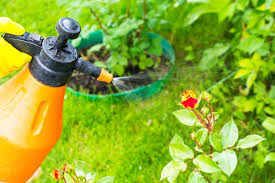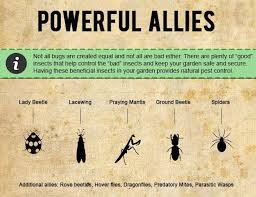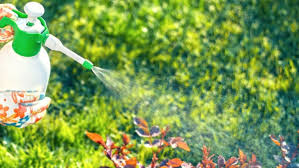NATURAL PEST CONTROL METHODS
NATURAL PEST CONTROL METHODS
Couldn't load pickup availability
Gardens teem with life, not all of it welcome. Pests like aphids, caterpillars, and snails can devastate your plants. Instead of resorting to chemical pesticides that harm beneficial insects and the environment, consider natural pest control methods. These sustainable approaches can maintain a balanced ecosystem while protecting your garden's health and productivity.
**1. Beneficial Insects: Introduce or attract insects that prey on garden pests. Examples include:
Ladybugs: They devour aphids and other soft-bodied insects.
Praying Mantises: These voracious predators consume a variety of garden pests.
Parasitoid Wasps: They lay eggs on or inside pests like caterpillars, eventually killing them.
**2. Companion Planting: Certain plants emit scents or compounds that deter pests or attract beneficial insects:
Marigolds: Repel aphids and nematodes with their strong odor.
Basil: Plant it near tomatoes to deter aphids and flies.
Lavender: Attracts pollinators like bees while repelling moths and fleas.
**3. Neem Oil: Derived from the neem tree, neem oil acts as a natural pesticide and fungicide. It disrupts pests' feeding and reproductive processes. Dilute and spray it on affected plants.
4. Diatomaceous Earth (DE): DE is composed of fossilized aquatic organisms. It's abrasive to insects with exoskeletons but harmless to humans and pets. Sprinkle it around plant bases or dust leaves to deter crawling pests.
**5. Garlic and Chili Pepper Spray: Blend garlic and chili peppers, strain the mixture, and add water and a few drops of dish soap. Spray on plants to rep
Share






